Home >
The University >
Schools
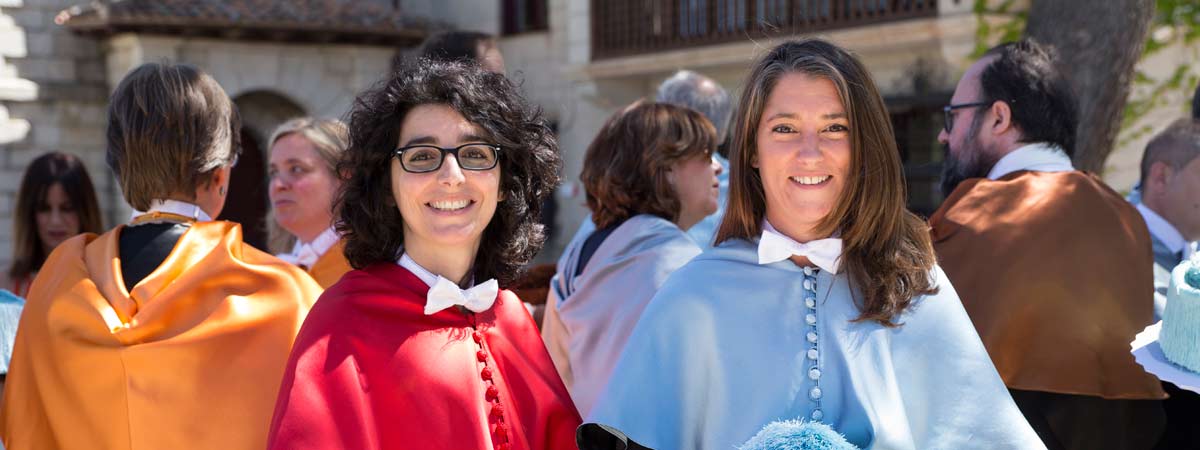
> Español
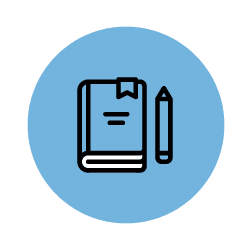
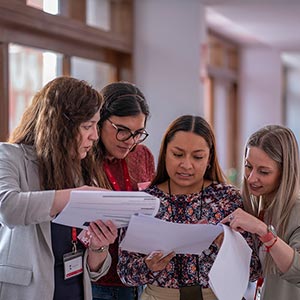 School of Language and Education
School of Language and Education

 School of Communication and Arts
School of Communication and Arts

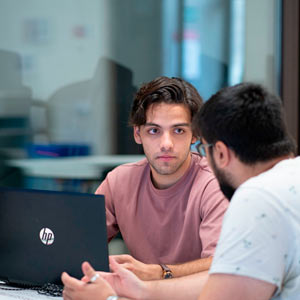 School of Economics and Business
School of Economics and Business

 School of Law and International Relations
School of Law and International Relations
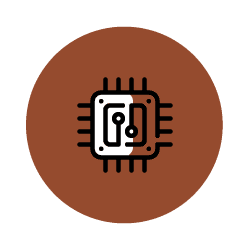
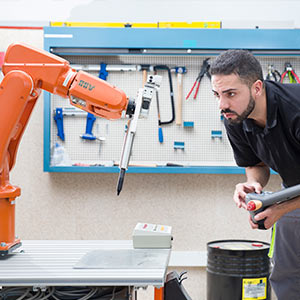 Higher Polytechnic School
Higher Polytechnic School

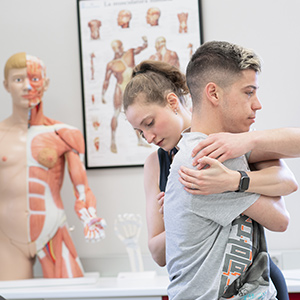 School of Life and Nature Sciences
School of Life and Nature Sciences

 Nebrija Business & Technology School
Nebrija Business & Technology School
 GLOBAL CAMPUS
GLOBAL CAMPUS
 DOCTORAL SCHOOL
DOCTORAL SCHOOL
Schools and Centers
Get to know the undergraduate and postgraduate degrees as well as the University's own degrees offered by Nebrija in its Schools, specialized in all areas of knowledge and adjusted to any type of professional profile.
Schools
 School of Language and Education
School of Language and Education
 School of Communication and Arts
School of Communication and Arts
 School of Economics and Business
School of Economics and Business
 School of Law and International Relations
School of Law and International Relations
 Higher Polytechnic School
Higher Polytechnic School
 School of Life and Nature Sciences
School of Life and Nature Sciences
 Nebrija Business & Technology School
Nebrija Business & Technology School
